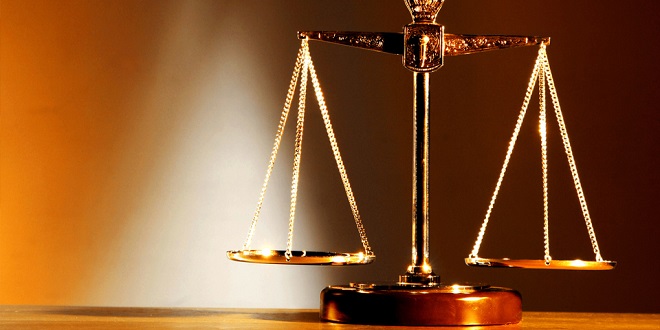Legal Services for the Disadvantaged

Some jurisdictions have responded to the need for access to justice for those who cannot afford legal representation or who are otherwise disadvantage by establishing a number of organization and community legal centers for the purpose of providing legal advice and assistance
The Aboriginal Legal Service
A number of Aboriginal Legal Services founded by the Federal Government operate in different parts of Australia providing legal advice and assistance to people of Aboriginal and Torres Strait Islander descent (and their spouses).
The Aboriginal Legal Services have played an important role in bridging the gap between white legal culture and Aboriginal society and have found considerable acceptance in Aboriginal communities. They are controlled by Aboriginals even though often the lawyers are white. In the main, Aboriginal Legal Service work is confined to criminal defence work, but the Services have increased their involvement in civil matters and endeavour to make Aboriginals aware of the use which can be made of the legal system to achieve particular goals.
Community Legal Centres
An important aspect of the movement to give disadvantaged people access to justice has been the development of Community Legal Centres. These are publicly funded, “shop front” centers for legal advice and assistance which either operate in disadvantaged localities or as specialist agencies dealing with particular problems such as tenancy advice.
Inasmuch as they are publicity funded and generally employ salaried lawyers providing free legal advice, they have some features in common with the Legal Aid Commission Offices. However, in origin, philosophy, and modus operandi they are quite different and operate alongside the formal legal aid structures rather than being subsumed under the organizational system of State Legal Aid Commissions. Indeed, they endeavour to remain strictly independent of such institutional control
Alternative Dispute Resolution
Another response to the problems of access to justice has been the vast increase in services offering alternative dispute resolution (ADR) and, in particular, mediation. The common feature of all ADR mechanisms is that they involve the use of a neutral third party who endeavours to facilitate a settlement of a dispute without having the power to adjudicate on the matter. Mediation, conciliation, negotiation, facilitation and independent expert appraisal are all forms of such dispute resolution. Arbitration is sometimes listed as a form of alternative dispute resolution
Access to Justice and the Problem of Centripetal Law
While governments are increasingly encouraging people to settle their own disputes by alternative dispute resolution, and withholding legal aid for civil litigation, they have so far failed to recognize the problem of centripetal laws which have the effect of drawing parties inexorably towards a judicial resolution, rather than conferring upon them the clear bargaining endowments which would facilitate settlements.
Many Nigerian laws are written on the premise that they will be used by courts in deciding cases, rather than by parties in settling disputes in the shadow of the law. Numerous laws confer broad discretions on judges, for example, to set aside unfair contracts or to compensate for deceptive and misleading practices in trade and commerce.




